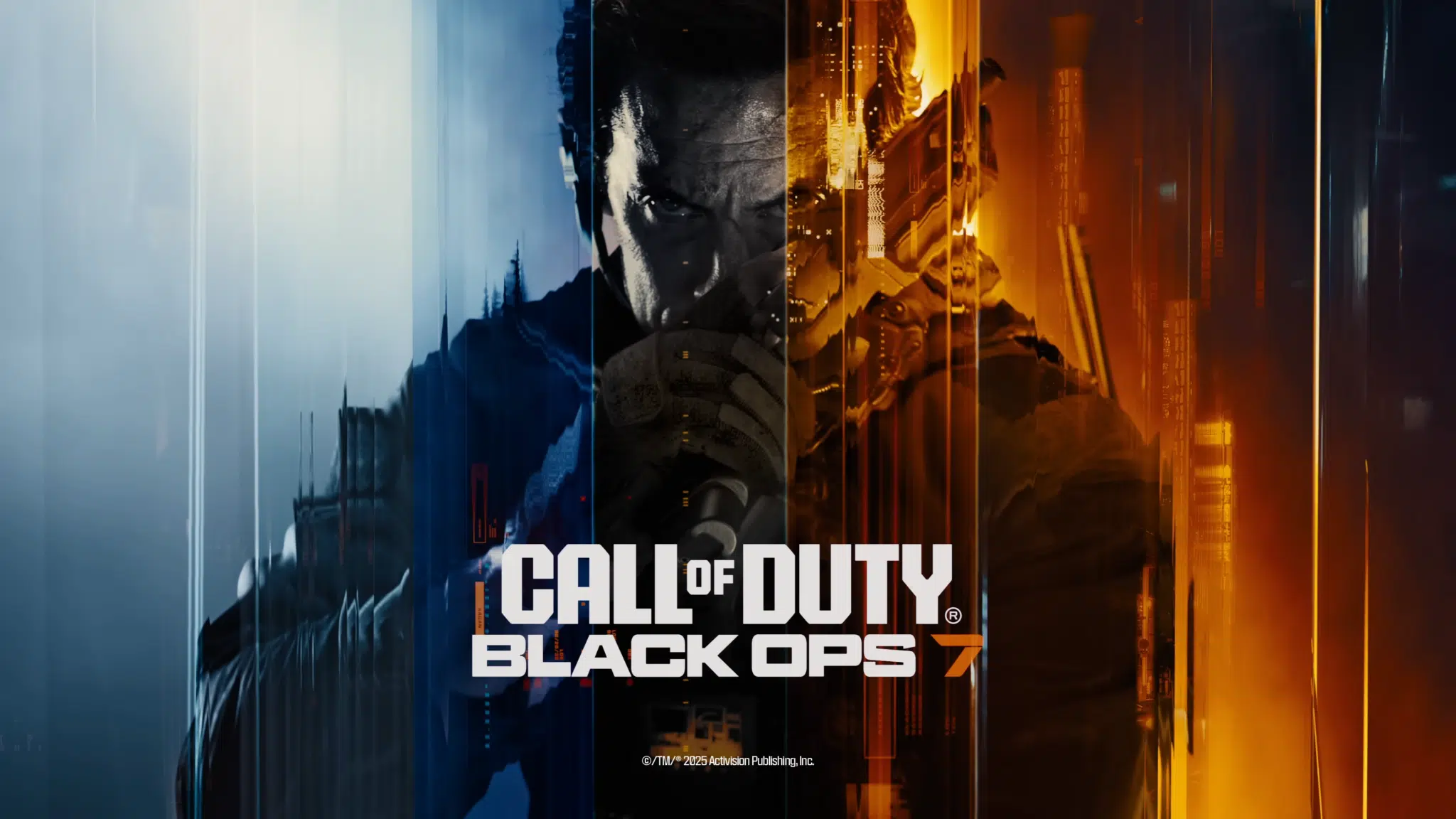
Major Gaming Publishers Crack Down on Cheaters with Hardware-Level Protection
The battle against gaming cheaters has reached a new level as two of the industry’s biggest franchises implement unprecedented security measures. Both Call of Duty: Black Ops 7 and Battlefield 6 will require PC players to enable Trusted Platform Module (TPM) 2.0 and Windows Secure Boot features to access their games.
What This Means for PC Gamers
Call of Duty’s Phased Security Rollout
Activision has begun testing these security requirements with Call of Duty: Black Ops 6’s Season 5 launch, though enforcement won’t be active during this testing phase. However, this grace period ends when Black Ops 7 launches later in 2025.
“These hardware-level protections are a key part of our anti-cheat efforts, and we’re asking all players to get compliant now,” Activision stated in their official announcement. The company emphasizes that this testing period allows players time to configure their systems properly before the mandatory enforcement begins.
Battlefield 6 Takes Immediate Action
EA has taken a more direct approach, making Secure Boot and TPM 2.0 requirements for Battlefield 6’s upcoming open beta. The publisher frames this decision as part of their “Positive Play” initiative, designed to create fairer gaming experiences.
“As cheat developers continue to evolve their tactics, we’re stepping up our game too,” EA explained in their security announcement.
Understanding the Technical Requirements
TPM 2.0: Your System’s Security Chip
TPM 2.0 helps protect systems against cheats and unauthorized access by verifying PC integrity from startup to gameplay. Most modern computers include this security chip, and it’s already required for Windows 11, meaning many users likely have it enabled.
Secure Boot: Startup Protection
Secure Boot ensures that only verified, legitimate software loads during system startup. To enable Secure Boot, systems must use GPT partition formatting rather than older MBR systems, and TPM 2.0 must be active.
Performance Impact Concerns Addressed
Gaming communities have expressed concerns about potential performance impacts from these security measures. However, publishers assure that TPM 2.0 and Secure Boot perform verification checks only during system and game startup, remaining inactive during actual gameplay.
Hardware Compatibility Challenges
While most users can enable Secure Boot through BIOS settings, some older systems may lack TPM 2.0 hardware entirely. This creates the same compatibility issues that prevented some PCs from upgrading to Windows 11.
Users with unsupported systems should check with their motherboard manufacturers for potential BIOS updates or workarounds.
Additional Security Measures on the Horizon
Beyond hardware requirements, both publishers are implementing complementary security features. Activision has indicated that two-factor authentication, while currently optional, may become mandatory for all players in future updates.
Industry-Wide Security Evolution
This coordinated move by two major gaming publishers signals a broader industry shift toward hardware-level anti-cheat protection. While some technically-minded players express frustration about losing system configuration flexibility, the majority of mainstream gamers should find these requirements manageable.
Preparing Your System
To ensure compatibility with these upcoming games, PC gamers should:
- Verify TPM 2.0 is enabled in BIOS settings
- Check that Windows installation uses GPT partitioning
- Enable Secure Boot through UEFI firmware
- Update BIOS to the latest version if needed
- Consider enabling two-factor authentication on gaming accounts
Looking Forward
As cheat developers become more sophisticated, gaming publishers are responding with increasingly robust security measures. These hardware-level requirements represent a significant escalation in the ongoing battle between fair play advocates and those seeking unfair advantages.
The success of these implementations will likely influence other major gaming franchises to adopt similar security standards, potentially reshaping PC gaming’s security landscape permanently.
READ ALSO: Google Pushes Educational Learning Over Academic Shortcuts with Gemini AI









Leave a Comment
You must be logged in to post a comment